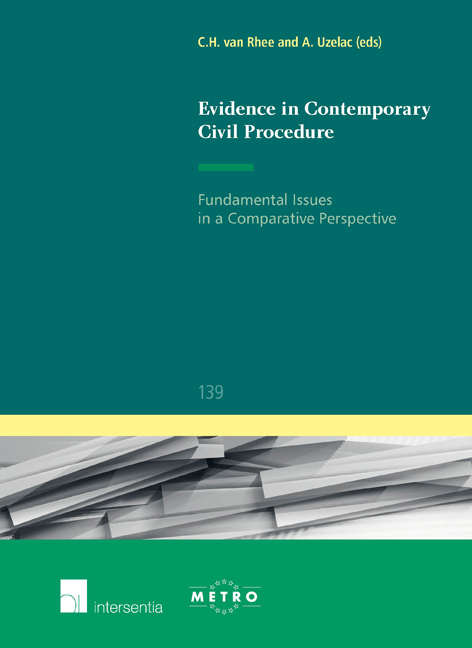
- Cited by 2
-
Cited byCrossref Citations
This Book has been cited by the following publications. This list is generated based on data provided by Crossref.
Gans, Jeremy 2016. Noticeboard. The International Journal of Evidence & Proof, Vol. 20, Issue. 1, p. 83.
Laptev, Gennady A. and Komaritsky, Sergey I. 2023. Technological Trends in the AI Economy. Vol. 625, Issue. , p. 261.
- Publisher:
- Intersentia
- Online publication date:
- December 2017
- Print publication year:
- 2015
- Online ISBN:
- 9781780685250


